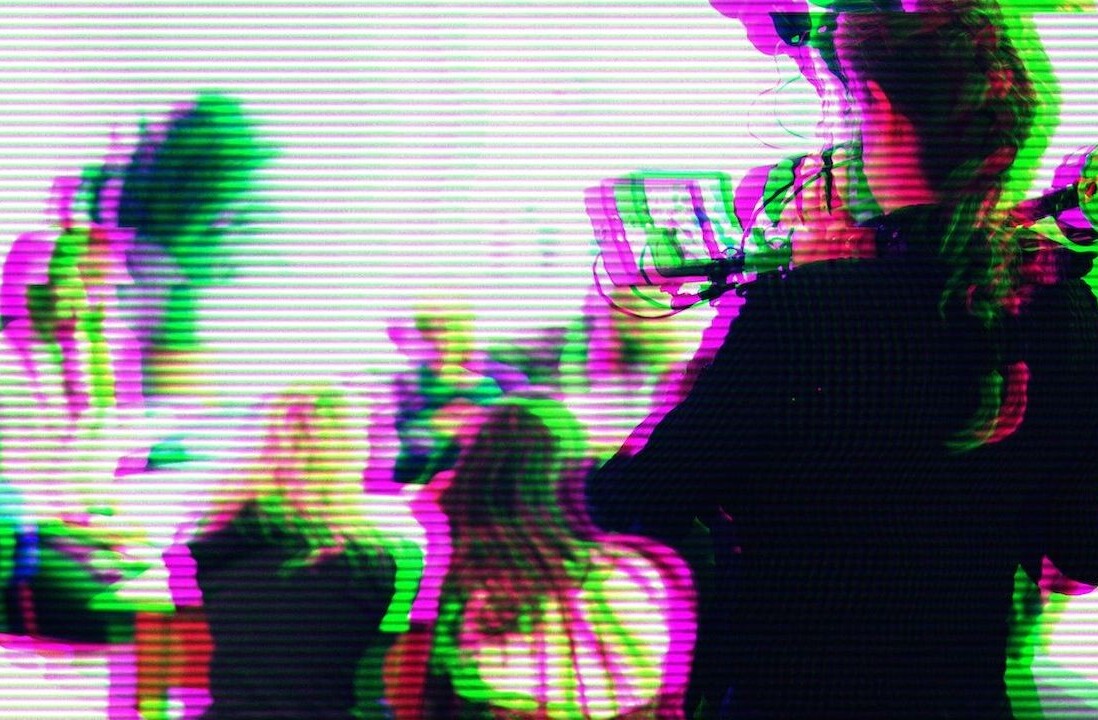
TED, the global nonprofit whose missions is “Ideas Worth Spreading” has today announced its latest efforts in the education space: TED-Ed.
At a press conference last Thursday, TED Curator Chris Anderson said, “Over the past few years… we’ve seen these talks spread over the Web and a recurring theme from people in the community has been, ‘These are great, but could you do something more for the kids?’
Teachers were using TED Talks in the classroom but found them to be too long and not fully aimed at a high school audience. In response to this, one year ago at TED 2011, the TED-Ed Brain Trust was launched and an invitation was sent to the TED community as well as educators to help the nonprofit understand how it can best serve education as a global intitiative. TED spent the last year talking to administrators and students from all over the world.
What if you could capture that one brilliant lesson, amplify it and put it in a place where teachers and students can use it all over the world?
-TED’s Chris Anderson

Beginning today on a new, dedicated YouTube channel, TED-Ed will release 12 short, animated videos aimed at teachers and high school students. The TED-Ed videos will be shorter (3-10 minutes) than the normal 18-minute TED Talks and rely on animation more than a talking head. “We’re trying to make learning exciting…The videos are an attempt to catalyze curiosity in kids… to provoke questions that they might not otherwise be asking,” says Anderson.
“TED-Ed has the potential to take a lesson that might normally reach just 20 students and extend it to the world. The topics we can cover are endless, and the more teachers and animators who contribute their lessons and talents, the more impactful this resource becomes. This is an exciting first step for TED-Ed, with more ideas, tools, and announcements to come in the months ahead.”
-TED-Ed Catalyst Logan Smalley
While TED-Ed is launching with a dozen videos to start, Anderson says the goal is to ramp up to one video launching per day. Existing TED content will also be used and re-edited in the future. “There will be no talking heads; the point of animation is not only an aesthetic value but also that it taps both styles of learning– both auditorially and visually,” explains Anderson.
The new TED-Ed site will launch in April and will feature an open invitation to the world’s best animators and teachers to unite on its new digital platform. “Teachers will be encouraged to submit lessons and animators to submit animation reels right on our site,” explains TED-Ed Catalyst Logan Smalley.
“We hope animators see this as a chance to lend their skills to something as important as education,” said Anderson. Notable animators who worked on the first round of videos include Austin, Texas’ Sunni Brown and Patrick Blower and Andrew Park from the UK.
I’ve checked out a short reel with segments from the upcoming videos and I have to say, they look awesome. While they aren’t 100% animation (there’s plenty of live action), they look fun and engaging and just as inspirational as any of my favorite 18-minute TED Talks. My first thought was that I wish I had had them in classrooms growing up. Middle school would have been a lot less boring.
Watch the TED-Ed intro video here:
The first 12 TED-Ed videos were created by the following teachers and animators and can all be found on TED-Ed’s YouTube Channel:
- “Human beatboxing to a cockroach leg” by neural engineer and scientist Greg Gage and the TED-Ed visualization team (Jeremiah Dickey, Biljana Labovic, Kari Mulholland, and Franz Palomares).
- “How pandemics spread (through history and across the world)” by author and journalist Mark Honigsbaum and visualizer Patrick Blower.
- “Symbiosis: Species Working Together for Mutual Benefit” by writer, photographer, and filmmaker David Gonzales and visualizer Sunni Brown.
- “Clarity Through Brevity” by Terin Izil, copywriter at Draftfcb and founder of Camp Promise, and visualizer Sunni Brown.
- “Globalization by Way of Container” by journalist and editor Harold Evans and visualizer Sunni Brown.
- “Questions No One Knows the Answers To” by TED Curator Chris Anderson and visualizer Andrew Park.
- “How Many Universes are There?” by TED Curator Chris Anderson and visualizer Andrew Park.
- “Why don’t we see evidence of alien life?” by TED Curator Chris Anderson and visualizer Andrew Park.
- “Urban Evolution” by Baruch College Professor Jason Munshi-South and the TED-Ed Visualization Team (Jeremiah Dickey, Biljana Labovic, Kari Mulholland, Franz Palomares).
- “Exploring the ocean’s surprises” by oceanographer and scientist David Gallo and the TED-Ed Visualization Team (Jeremiah Dickey, Biljana Labovic, Kari Mulholland, Franz Palomares).
- “How curiosity leads to scientific discoveries” by special-effects artist, fabricator, and model-maker Adam Savage and the TED-Ed Visualization Team (Jeremiah Dickey, Biljana Labovic, Kari Mulholland, Franz Palomares).
- “Slam Poetry” by performance artist Carvens Lissaint.
To be clear, TED-Ed is not trying to be Khan Academy. In fact, Sal Khan, the founder and CEO of Khan Academy and a noted TED Speaker, was part of the TED-Ed Brain Trust. “Our videos have a different functions,” explains Andersen. “We’re trying to catalyze curiosity…We’re the fuel to motivate people to go to sites like Khan Academy.” While Khan Academy sets its students on a video-based curriculum with tests and courses, TED-Ed will take a less structured, albeit no less inspirational approach.
“This is the launch of what we dream will become a major collaboraitve platform that will allow numerous teachers to expand the footprint of what they do… There are amazing instrcutors out there who have the caability to affect thousands of students… we want to unlock that capability.”
-TED’s Chris Anderson
Loved this? Read: Pencils of Promise plans to build 100 schools and fund 1 million days of education this year.
Get the TNW newsletter
Get the most important tech news in your inbox each week.




